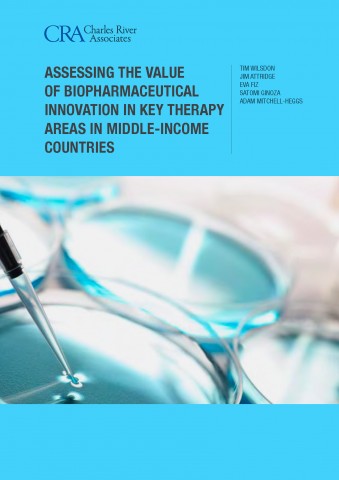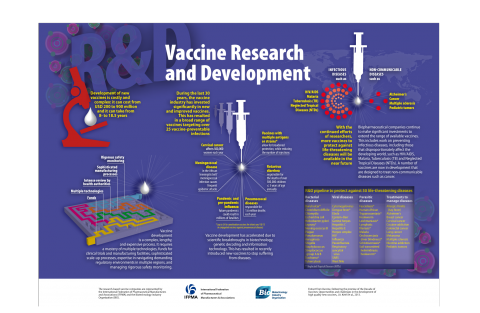
Boosting
Innovation and Access
Access to medicines
Access to medicines
We are deeply engaged in the access to medicines debate to find sustainable solutions for patients worldwide. To achieve this, we facilitate dialogue and partnership between governments, civil society, and academia to find creative and viable solutions.
- Our members are involved in over 300 health partnerships in low and middle income countries to increase access to medicines, and
- Any sustainable approach must take into account improving access to existing medicines as well as encouraging innovation to meet the evolving needs of patients.



Access to medicines is a collective responsibility that calls for collective action by public and private actors alike. Our members are involved in over 300 health partnerships in low and middle income countries, with thousands of field operations. Many of these programs facilitate access to medicines and vaccines through preferential pricing, licensing, or donations. They also strengthen health systems by addressing issues of infrastructure, capacity building, and awareness raising.
While the majority of essential medicines are no longer protected by patents, availability of these products in many developing countries is often difficult and complex. Why so? Simply because there are different roadblocks along the delivery route that may include the distribution system itself within a community or country, the quality of the healthcare system available, its general infrastructure, access to insurance, and government policies on import tariffs and taxes.

We believe that any sustainable approach to addressing access to medicines must take into account not only the short-term goal of improving access to existing medicines, but also the equally critical goal of fostering innovation to meet the evolving needs of patients globally. Sound intellectual property rights are needed to stimulate innovation, transfer of technology, capacity building, and economic development. These incentives help bring new medicines into existence and encourage their diffusion and timely availability to the patients that need them.
Our contemporary health challenges are huge: to name a few, ageing population, explosion of cancer, diabetes, lung and heart diseases, emergence of drugs resistance, and infectious diseases in increasingly more urbanized areas. Tackling these challenges prompt us to be more creative and innovative in bringing the right solutions to access to medicines for patients everywhere.
300
health partnerships we have in low and middle income countries to increase access to medicines
Up to 420%
average mark-up added to the initial manufacturer price in certain countries
14 billion
treatments pledged to be donated from 2011 to 2020
























